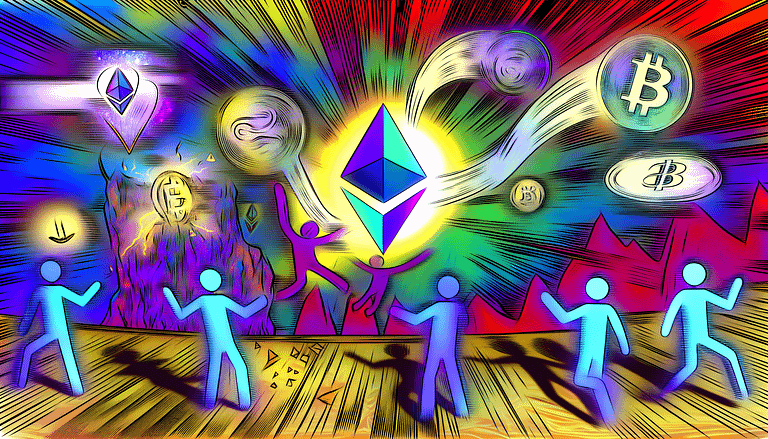Cardano’s Chang Hard Fork: A Leap to Decentralization
In A Nutshell
The Cardano blockchain is on the brink of a significant transformation with the impending launch of the Chang Hard Fork on July 16th. This update is part of the Cardano roadmap’s final stage, aimed at fully decentralizing governance through a unique model of community-centered governance. Co-founder Charles Hoskinson has announced his step down from leadership roles, marking a pivotal moment for the project.
The Essence of Chang Hard Fork
The Chang Hard Fork represents a critical leap towards the realization of Cardano’s governance model. It introduces a constitutional order that includes on-chain voting and democratic rights, laying the groundwork for a community-run government. This update is a cornerstone of Cardano’s Voltaire era, which focuses on enabling token holders to directly participate in the decision-making process through a transparent and verifiable system.
Implications for Governance and Decentralization
The introduction of Chang Hard Fork is more than a technical update; it’s a philosophical pivot towards a more democratic and decentralized model of blockchain governance. By embedding governance mechanisms directly into the blockchain, Cardano aims to solve the centralization issues that plague many decentralized projects. This shift could set a new standard for how blockchain projects manage governance, emphasizing the importance of community involvement and decision-making.
Charles Hoskinson’s New Role
Following the launch of the Chang Hard Fork, Charles Hoskinson will transition from his leadership role to focus on development within the team. This move signifies a shift towards a governance model that minimizes reliance on a central figurehead, in line with the project’s decentralized ethos. Hoskinson’s continued involvement in development ensures that his vision and expertise remain part of Cardano’s journey.
Our Take
The Chang Hard Fork marks a significant milestone in Cardano’s roadmap, potentially revolutionizing the way governance is conducted within the blockchain space. By prioritizing community involvement and transparent decision-making, Cardano sets a high standard for future blockchain projects. However, the success of this model depends on active and informed participation from the Cardano community. As we watch this governance model unfold, it will be fascinating to see the impact on the broader blockchain ecosystem and whether other projects will follow Cardano’s lead.
While the departure of Charles Hoskinson from a leadership role may raise questions about Cardano’s future direction, his continued involvement in the project’s development should reassure the community. The Chang Hard Fork’s focus on decentralization and community governance is a bold step toward fulfilling blockchain’s promise of a decentralized and democratic system. As such, this update could very well shape the future of blockchain governance.







